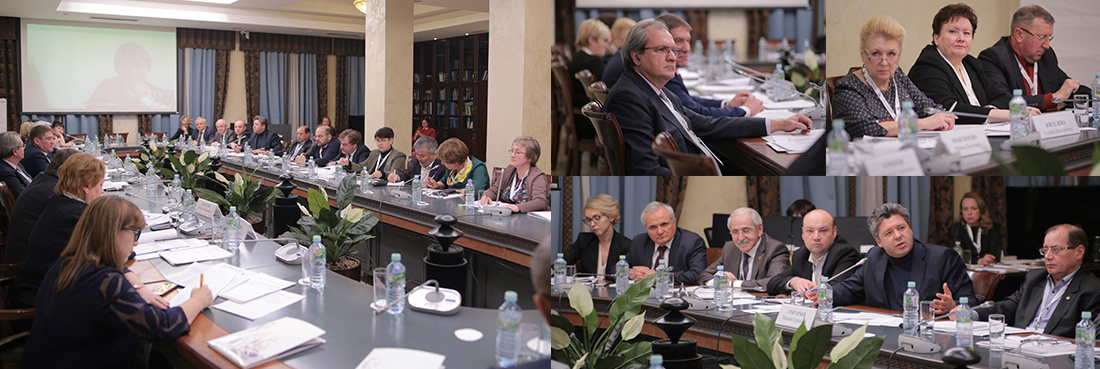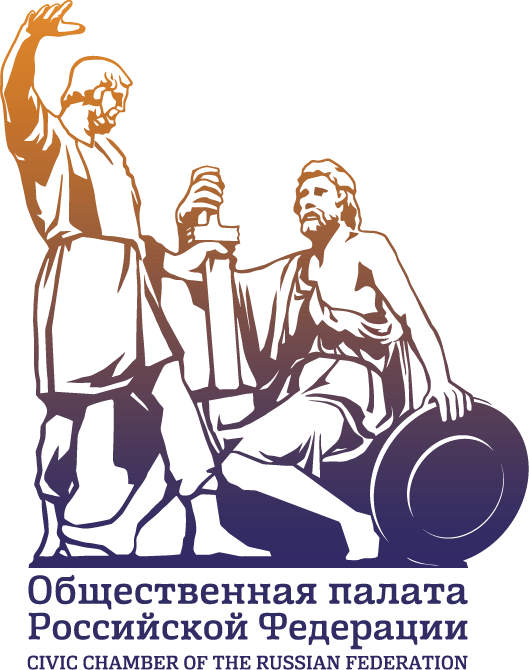Afterword
No stable progressive development of our country in the 21 st century will be possible unless civil society is enhanced. The image of our country’s successful future is the product of collaboration between the civil society and the state. It may take the forms of a mutually respectful dialogue, yet in most cases, this is an area where interests clash.
This is absolutely natural because the civil society is virtually always a conflict environment, and personal involvement entails criticism, discussions, and conflicts. Civil initiatives most frequently arise out of confrontation and fight – the fight for one’s own rights and for the rights of one’s friends and relatives, the fight against injustice and impunity. A conflict is, in fact, a natural process for any living and evolving social organism.
Without the civil society, the state would rapidly turn into a “Ding an sich” – a “thing in itself” operating solely on behalf of the bureaucratic corporation. The purpose of the civil society is thus to keep the authorities on their toes and prevent bureaucratic lull when real people’s problems are blurred over and remain unresolved for years, hidden behind high-sounding but empty words about ‘stability’ and ‘patriotism’. Meaningful civil activity and pressure from the civil society on the authorities never imply acting against the state – on the contrary, this is the foundation of social stability. For instance, public control strengthens government institutions, as negligent officials are not the same as the state.
Viewing criticism as an opportunity to find a new solution to an issue that would be acceptable for all stakeholders, rather than a conflict, is an important skill for all parties of public debates.
Civil society institutions are a most important tool for changing the society over. New cultural and public spaces appear where there are cells of civil self-organisation. Local activism delivers closely-knit local communities and a new identity.

No wonder that progressive development and real consolidation to meet shared objectives are achieved in those regions where proper dialogue is established, and where the authorities communicate with the most “inconvenient” and “prickly” activists. Where the social sphere is “cleaned up”, social tension may arise at any time, and its development scenario is impossible to predict.
The Civic Chamber of the Russian Federation believes that its mission is to strengthen civil society institutions as democracy institutions enabling feedback between the society and the authorities.Regional civic chambers should become a convenient platform for dialogue and consolidation. This requires the involvement of both the authorities and the representatives of all civil initiatives in the region, even those unsympathetic about the authorities.
Public council s at federal and regional levels currently undergo re-formatting to be able to get the “people’s agenda” across to the authorities and discuss real problems that people face instead of focusing on narrow industry-specific or bureaucratic concepts.
As of today, an increasing number of caring citizen and non-profit organisations in Russia are helping socially vulnerable groups, i.e. sick children, residents of homes for the elderly and orphanages, the underprivileged and those experiencing hardships. Such civil activity, which is focused on joint purposeful actions and achieving common goals, gives rise to new solidarity. We are still on the way to building and restoring solidarity as an important social practice and value.
That’s all fine, but there is a more global issue of poverty, with people working but getting no fair payment for their work. There is a very high degree of inequality in Russia with regard to both incomes and access to social and cultural benefits, and there is a clear need for justice in the society. The Civic Chamber deems these issues a priority, and they may only be resolved if the civil society is actively involved and capable of initiating a full-scale public discussion.

As far as charity is concerned, Russians do find it important to know that their donations are spent as declared to help those in need, which means that charitable foundations should consolidate and become more transparent. This is the only way to stand against all sorts of fake activists, fake controllers or pseudo philanthropists who have sensed the increased demand for the society to be involved in resolving acute issues and take advantage of the situation. In other areas of public activity, it should also be understood clearly that no activity, no matter how good the intentions are, may be contrary to the law.
In the third sector, gaps in the legal framework and insufficient structuring result in numerous associations, which essentially have nothing to do with civil self-organisation, operating in the guise of non-profit organisations. This makes state support of true NPOs difficult, narrows opportunities for targeted support programmes, results in redundant and frequently unnecessary reporting, while the information transparency that the society demands is still not there. The legislation and statistics on the third sector should obviously be put in order, and different types of non-profitable organisations should be clearly delimited.
In Russia, the traditionally strong state is absolutely necessary to maintain unity across the diversity of its ethnocultural, economic and social space. This understanding is currently shared by all key social and political forces of the country. There can be no state without power, and there can be no country without a strong state . This is an axiom our country learnt at a very high price, the price of a crash of statesmanship and a civil war, 100 years ago. The key lesson from the events of 1917 for us today is as follows: one can and must fight specific cases of abuse and injustice, bureaucracy and individual officials, but progressive development is only possible through disputes, conflicts, meticulous, tedious and scrupulous work that changes state institutions and mindsets of people slowly, making them increasingly more democratic and fair. We have no other option.

